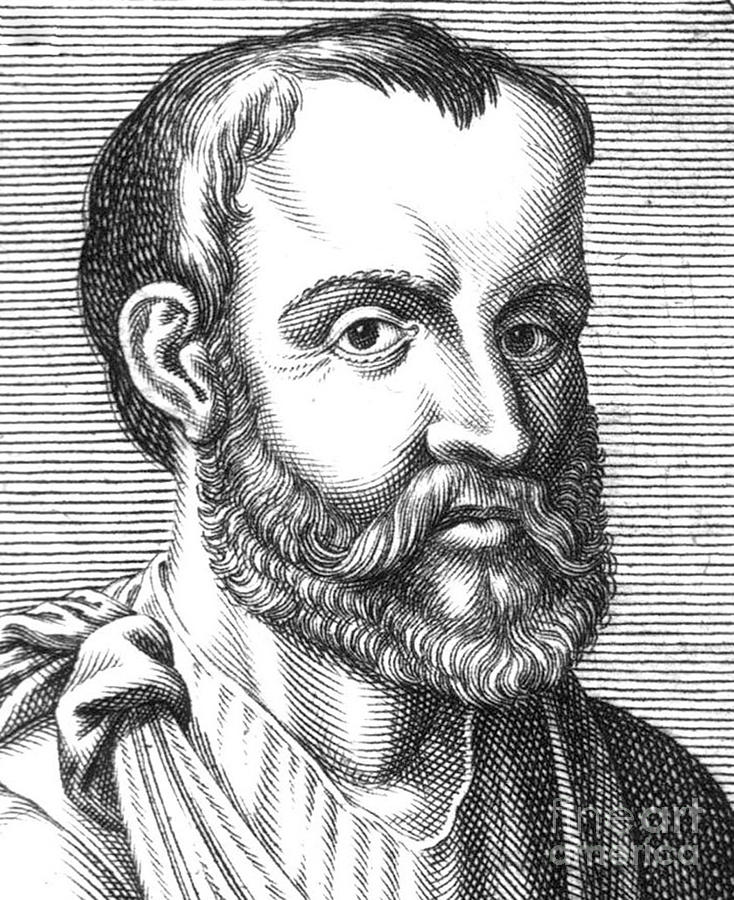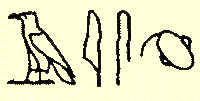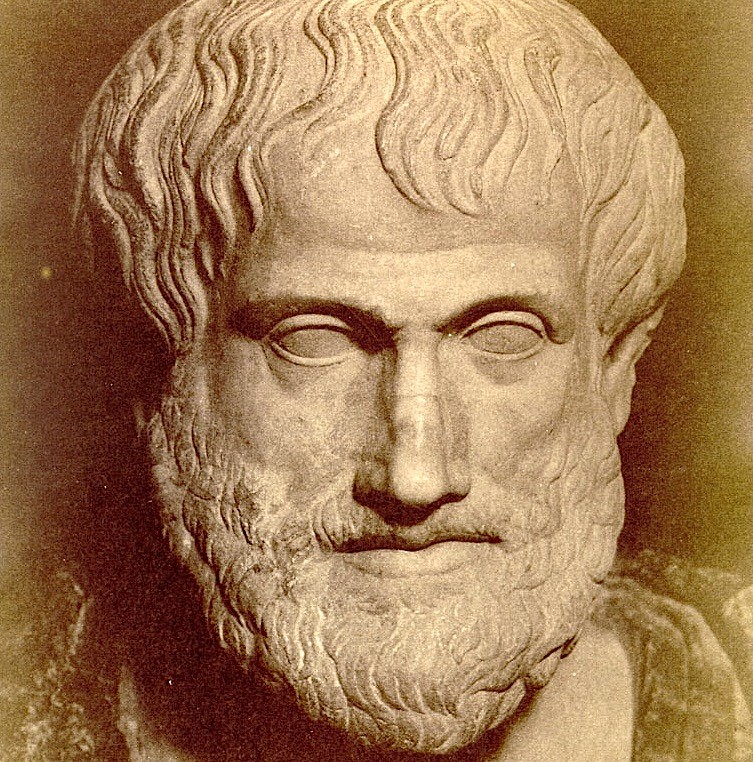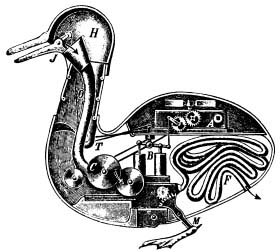2017-02-15 08:36:56
Prelude
Today's topics
- Wrap-up on systems
- History of neuroscience
History of neuroscience
- History of the study of brain and behavior
- What did humans know about brain and behavior before the emergence of the scientific method?
Why study history?
- What can observation tell us about brain and behavior?
- Vital role of tools/methods/techniques in discovery
- "If I have seen further, it is by standing on the shoulders of giants." – Isacc Newton, 1676
Pre/Early history
Trephining (trepanning)
Trephining
Beer-making (~5,000 BCE)
Egyptians (1,500-3,000 BCE) first written record of the term “brain”
Greek and Roman era
Greeks
Aristotle on the mind and brain
- mind and body not distinct.
- brain “cools” the body, heart is the mental organ.
Galen (~177 CE)

Galen and his ideas
- Physician in Roman Empire, of Greek descent
- Anatomical reports based on dissection of monkeys, pigs
- Influenced by Hippocrates notion of human temperaments (~personalities) linked to "humors": blood, black bile, yellow bile, phlegm
- Speculated that fluid filling the brain cavities called ventricles, circulates through nerves, body
- Gladiators' head injuries impaired thinking, movement
Ventricles
What did early humans know about the mind and brain?
- Mental functions controlled by organs in the head, the brain
- Mental functions can be influenced by exogenous substances
- Head injury can impair behavior and thinking
What did early humans know about the mind and brain?
- Brain surgery can (potentially) repair disorders of the brain or behavior
- Mental functions can be influenced by endogenous substances
- Ventricles are filled with fluid; something flows from brain to body via nerves.
Why didn't they know more?
- A. Limited technology.
- B. Limited cultural support for systematic observation, description. = SCIENCE
- C. Lack of ability to use knowledge even if it were acquired.
The "dark" ages (in Europe, not elsewhere)
- Ibn al-Haytham's Optics, ~1000 CE
- Mansur's Anatomy ~1400 CE
Renaissance and the Enlightenment: New technologies, new ideas
Vesalius (1543)
- 1st detailed drawings of brain and body anatomy
Vesalius' drawings
Leonardo da Vinci (1504)
- Wax casts of ventricles
- fluid filled inner regions of brain
- Ventricles not spherical!
da Vinci's sketches
The body as machine (René Descartes – mid 1600’s)
Descartes' 'reflexes'
- Reflexes “reflect” events in the world
- Not the same as voluntary functions
Descartes' reflexes
Descartes' 'dualism'
- Reflexes and animal “minds” are physical
- Human mind is not
- “Dual” influences on behavior
- Physical + spiritual
- Soul controls body via pineal gland
- Causes muscles to “inflate”
Pineal Gland
Pineal gland
Do you agree with Descartes?
- A. Yes, human minds are fundamentally different from animal minds. The human mind is influenced by both physical and extraphysical processes.
- B. No, human minds are similar to animal minds. The human mind arises solely from physical processes.
How would you test Descartes idea about the role of the pineal gland?
Other milestones
- Invention of light microscope (1609 CE), electron microscope (1926)
- Cell stains – Camillo Golgi, Santiago Ramon y Cajal – late 1800s
- Recording of electrical activity of nerves, Luigi Galvani
- Magnetic resonance imaging (MRI)
The lessons from history
- Neuroscience shaped by new methods, tools (next time)
- Neuroscience shaped by great debates
- Mind vs. brain debate
- Localist/holist debate
- Nature of neural communication
- Forms at multiple levels of analysis contribute to function
Does it matter who did what in science?
Next time…
- Levels of analysis
- Neuroscience methods










